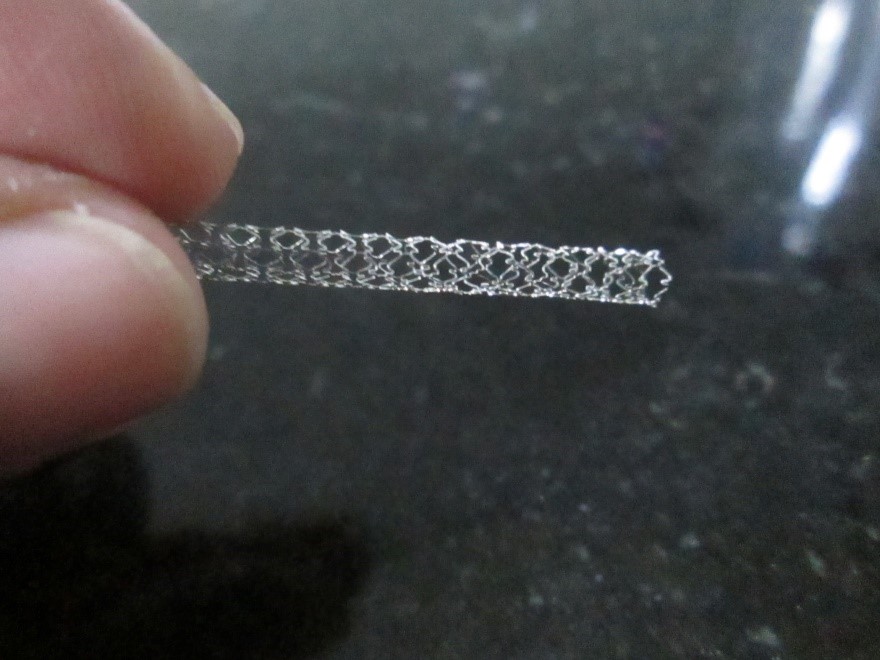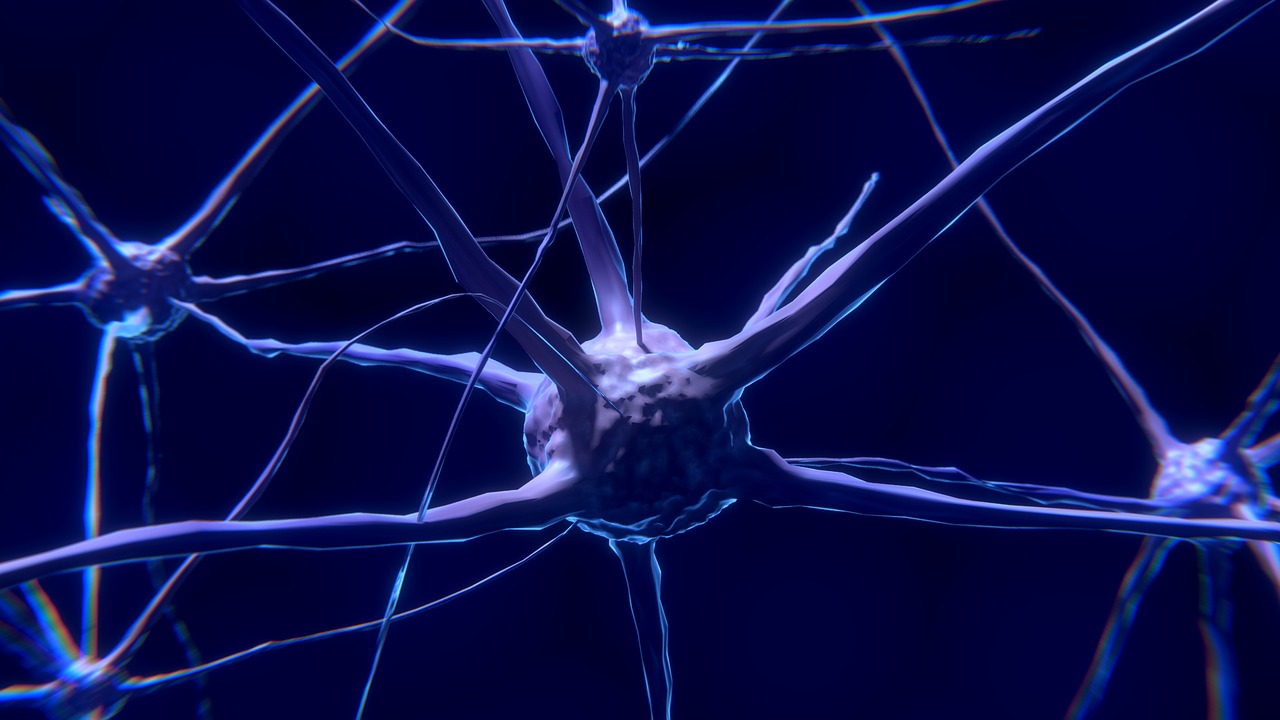
Dual Drug Delivery System May Make Heart Stents Safer
- News
- 1.1K
Medicated stents are widely used to unblock heart arteries. While the drug prevents the growth of muscle cells around the stent, it, however, retards endothelial cells necessary for healing the wound site and may result in the formation of clots. That’s why anti-clotting medications are given, which must be taken life-long; also, they come with adverse side effects.

To minimize such stent-related complications, a group of Indian researchers has developed a dual drug delivery therapy. Laboratory tests have shown that the drug combination can inhibit the growth of muscle cells and prevent clotting at the stent site. Moreover, the drugs are loaded into a flexible polymer which eliminates problems that occur during crimping and implantation of stents.
Two widely prescribed lipid-lowering drugs — Atorvastatin and Fenofibrate — were used in this study. When tested on human endothelial cells, both the drugs promoted cell proliferation without any toxicity.
The combination was then loaded in a biodegradable polymer made of an elastic material PLCL instead of commonly used PLGA which is prone to brittleness. Laboratory tests revealed that PLCL did not interfere with the effectiveness of the drugs and enabled the growth of endothelial cells while arresting smooth muscle cell proliferation.
The drug-loaded PLCL was characterized and evaluated for thermal profiles, chemical interaction, surface morphology, mechanical properties, and degradation. By using ultrasonic spray technique, the drug-laden polymer was coated on a stainless-steel stent. When used in a stent deploying tool, the stent displayed a robust structure with no peeling or cracking under pressure.
Further tests such as blood compatibility, cell adhesion, antibacterial response and inhibition of clotting were done on the dual-drug polymer stent and compared with a commercial stent.
“Lab-based drug release studies on our dual-drug polymer stent revealed a slow, sustained supply of both the drugs for well over a month. This avoids late stent-related complications while ensuring complete wound healing,” said Dr. Uma Maheshwari Krishnan, Professor, and Dean, SASTRA Deemed University, while speaking to India Science Wire.
Biocompatibility tests done in animals demonstrated good tissue compatibility and the stability of the coating with no inflammatory response. The anti-proliferative effect was evident in the surrounding tissue.
The stent performance was compared with a commercial single drug stent under simulated conditions. “After 28 days of stenting, we observed that there was more tissue adhesion around the commercial stent when compared to the dual-drug stent,” added Dr. Krishnan.
The team now proposes to test the long-term safety of the drug delivery system and then test it on animals with heart blocks. Depending on the outcome, clinical trials will be conducted.
The research team included Uma Maheshwari Krishnan, Purandhi Roopmani, David C. Raj (SASTRA Deemed University, Thanjavur); and Santhosh Satheesh (JIPMER, Pondicherry). The results have been published in the journal ACS Bio-Materials Science & Engineering. (India Science Wire)
Susheela Srinivas
If you liked this article, then please subscribe to our YouTube Channel for the latest Science & Tech news. You can also find us on Twitter & Facebook.


